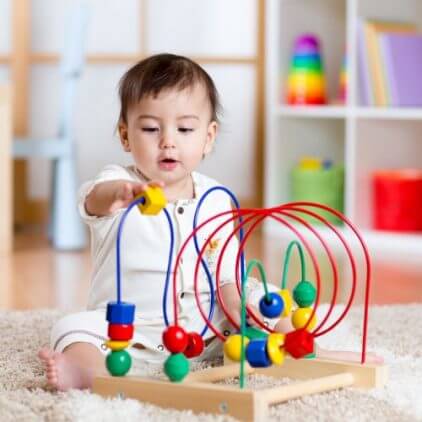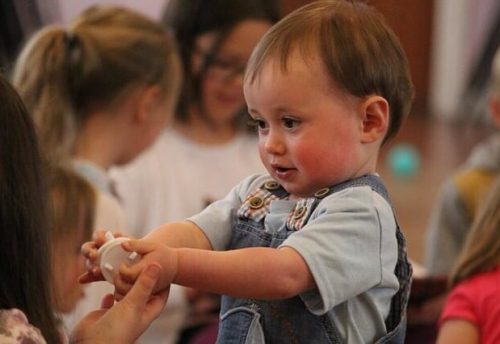
10 Reasons to Start a Playschool
Starting a preschool is a great idea. The most important thing is about research. One must research in the area and the scope wherein the preschool will attract children.
The criteria of accessibility are a plus point and perhaps you can think of pick-up and drop service to facilitate the same.
It is imperative to finalize on costs, rent of the property, investments in terms of teaching aids and furniture to understand how you can position your preschool and gaining popularity in the first year itself.
Marketing is another factor that has to be looked into.
Preschool teaching is also about finalizing a good syllabus. It is good to understand that you can also follow the idea of taking a franchise to start your own school.
You will receive standard lesson plans and you can use the same effect. For independent preschools the task of formulating a curriculum is essential.
The expertise of a consultant can be hired to give it a professional touch.
Another important thing about having a preschool is constantly marketing so that the brand name is heard and registered in the minds of people.
The challenge of starting a preschool is to work out on the things that will make your preschool popular.
This can be done only by giving the right kind of guidance and direction to teachers who can bring out the best in the students.
Children are very adaptable to what is being guided and hence the valuable education given by the teachers will project a good name for the preschool.
It is also good to research and find what you can include as a novel idea before starting a preschool.
Preschool provides a foundation for learning both socially and academically that will help your child succeed in elementary school.
1. Preschool is an Opportunity for Growth: For many children, preschool is their first experience in a structured setting with teachers and groups of children. It’s an opportunity to learn to share, follow instructions, and begin the foundation for learning that will occur in elementary school.
2. Preschool Prepares Children for Kindergarten: As kindergarten becomes more academic, many parents look to preschool to launch their child on the path to success in school.

At the same time, parents may worry that the current trend to focus on pre-math and pre-literacy skills in preschool cuts into important play time and pushes a child to grow up too fast.
It’s a confusing issue, especially with friends and family offering different opinions and advice.
3. Preschool Promotes Social and Emotional Development: In order to learn, a young child needs to feel cared for and secure with a teacher or caregiver. A 3-year-old child is able to spend time away from parents and build trusting relationships with adults outside the family. High-quality preschool programs nurture warm relationships among children, teachers, and parents. And teachers build a close personal connection with each child in their care.
4. The Preschool Environment is Structured, Although it May not Appear that Way: A highly structured environment helps young children learn to make friends and play well with others. This doesn’t mean there are lots of rules or that adults constantly direct children’s activities. On the contrary, the structure of a high-quality preschool classroom is largely invisible to children. Classroom space is organized to encourage social interaction, and minimize congestion and conflicts.
5. Children get to make choices: Children have several choices of activities; a child who is wandering aimlessly is encouraged to choose one that interests him. Teachers are alert to a child who can’t figure out how to enter other children’s play and may offer him suggestions on ways to join the group.
6. Children Learn to Take Care of Themselves and Others: Children’s sense of competence and self-worth grow as they learn to take care of themselves and help others. Teachers appeal to a young child’s desire to engage in “real work” by offering him chances to help out in the classroom.

7. Preschool Promotes Language and Cognitive Skills: Preschool-age children’s language skills are nurtured in a “language-rich” environment. Between the ages of 3 and 5, a child’s vocabulary grows from 900 to 2,500 words, and her sentences become longer and more complex.
8. Preschool Teachers Nurture a Child’s Curiosity: Teachers observe, ask questions and listen to children’s ideas during these activities — “correct” answers are not the goal.
9. Preschool Activities Boost Pre-Math and Literacy Skills: Young children show growing interest in pre-math and pre-literacy skills. They are curious and observant, and they want to be competent in the skills that their families and society value — such as reading the instructions for assembling a toy, or selecting the correct bills or coins to pay for a purchase.
10. Preschool helps develop motor skills: Physical coordination improves, allowing the child to explore her environment — and to challenge herself in new ways. Young children are in motion for a good part of the day.





Leave a Reply